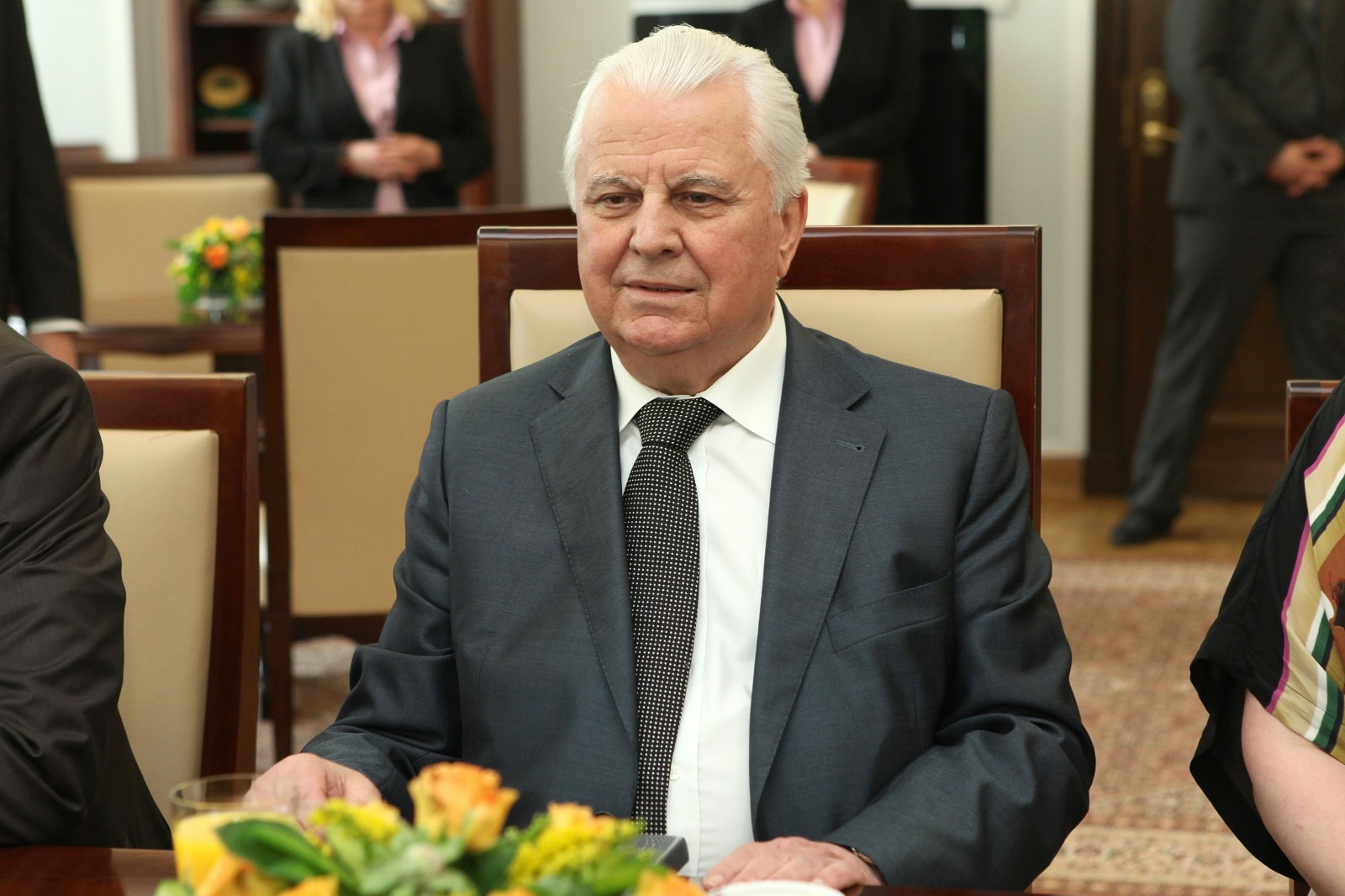Ukraine is on the brink of “civil war” as a result of the standoff between authorities and protesters across the country, its first post-independence president Leonid Kravchuk told parliament on Wednesday.
“All the world acknowledges and Ukraine acknowledges that the state is on the verge of civil war,” Kravchuk, Ukraine’s president from 1991-1994, told parliament in an emotional address.
“There are parallel authorities in the country and there is a de-facto uprising,” said Kravchuk, referring to anti-government protesters who had ousted Kiev authorities and taken control of regional administrations in several parts of the country.
“It is a revolution. It is a dramatic situation in which we must act with the greatest responsibility,” he told deputies, who gave him a standing ovation.
“We need to ease the confrontation between the sides and agree a plan to solve the conflict. We need to work on this plan step by step to ease the confrontation,” he added.
Kravchuk has for several weeks been leading round-table talks aimed at finding a solution to the crisis.
His successors as president Leonid Kuchma (1994-2005) and Viktor Yushchenko (2005-2010) were also present in parliament, in a sign to MPs of the importance of the session.
Ukraine’s parliament the Verkhovna Rada had earlier opened the second day of an extraordinary session aimed at easing tensions with protesters, debating an amnesty for dozens of activists arrested in the unrest.

Ukrainian opposition supporters stand their ground in Central Kiev (DAVID ROSE)
The administration of President Viktor Yanukovych has proposed an amnesty for all protesters accused of non-serious crimes on condition that activists leave all the Kiev buildings and streets they are currently occupying.
The opposition has said however that the amnesty should not be conditional and speaker Volodymyr Rybak admitted on Tuesday that the negotiations were proving tough.
After Kravchuk’s address, Rybak announced a break in the session of the Verkhovna Rada until midday and told deputies they would debate the amnesty issue when they returned.







